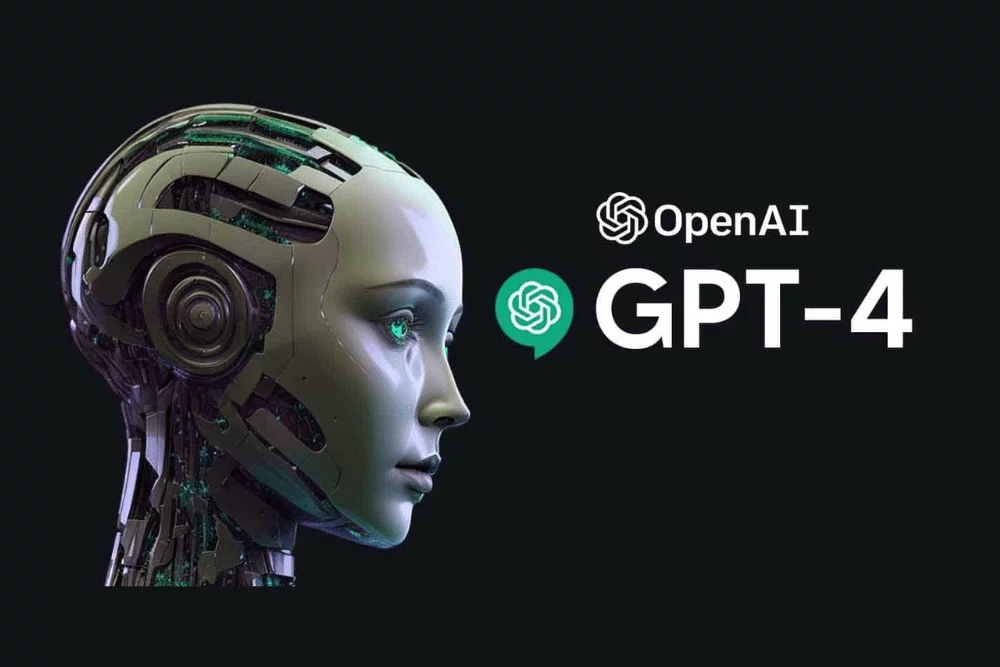By letting organizations customize their GPT-4 model, OpenAI is extending its AI products and might have an impact on how firms apply artificial intelligence.
The evolution marks a shift toward artificial intelligence as a service, allowing businesses to customize AI models based on their own requirements, therefore transcending mere technology improvement.
Fine-Tuning Options for Enhanced Performance
Especially for developers who have been keen to personalize the model to fit their particular use case, the inclusion of fine-tuning options for GPT-4o is much awaited.
Until Sept. 23, OpenAI’s announcement comprises two million free training tokens per day for each company and one million free training tokens per day for each GPT-4o mini, likewise accessible for fine-tuning. This program motivates businesses to investigate the new capability.
Related: GPT-4o Mini: OpenAI’s Climate-Friendly AI Model
Through bespoke data sets, fine-tuning helps companies maximize the GPT-4o model. This customization can greatly improve the performance of the model, thereby allowing it to better grasp and react to challenging, domain-specific directions.
Impact Across Various Sectors
From coding and creative writing to customer service and technical support, the ability to adjust AI’s tone, structure, and functionality can significantly affect its efficacy, regardless of the sector or application.
With as few as a few dozen samples in their training data sets, OpenAI claims developers may significantly increase model performance. This implies that even businesses with limited data resources can customize GPT-4o to fit their requirements, thereby increasing the availability of superior artificial intelligence technologies.
Strategic Partnerships with Media Giants
This fine-tuning update comes after OpenAI signed a multi-year paid contract with media powerhouse Condé Nast, behind well-known magazines including The New Yorker, Vogue, and Wired.
This alliance will link readers directly to news pieces from Condé Nast and help OpenAI train its AI models—including the extensively used ChatGPT—on Condé Nast’s library of materials.
Though the exact financial terms of the agreement are yet unknown, it represents a major change in how artificial intelligence platforms may profit from and use media content.
Still, this is not the first time the artificial intelligence business has negotiated a contract to teach its models news media content. OpenAI and Time signed a multi-year content partnership, allowing the former to teach its models on more than a century of the latter’s output.
You can also freely share your thoughts and comments about the topic in the comment section. Additionally, don’t forget to follow us on our Telegram, YouTube, and Twitter channels for the latest news and updates.


